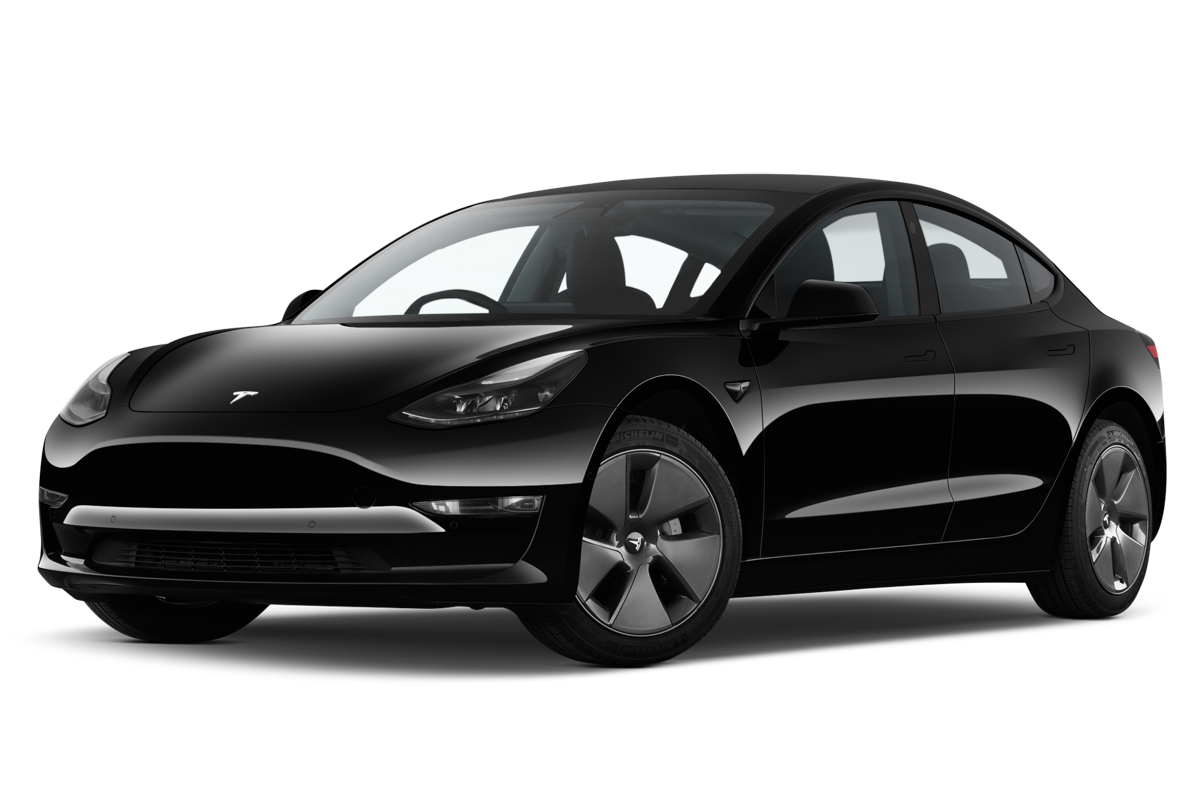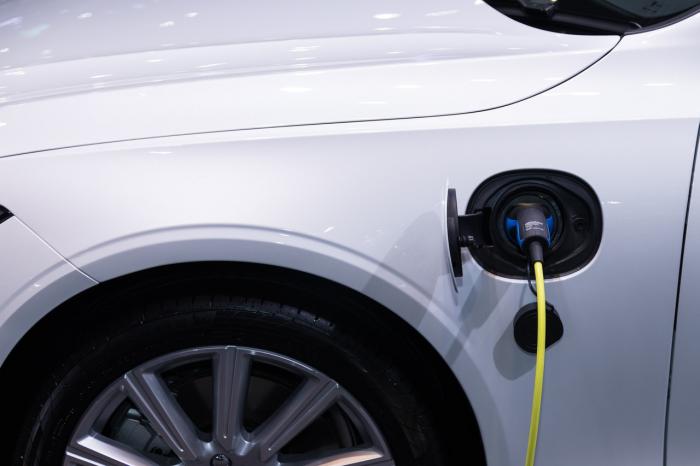In this post
Due to a steady stream of government pledges, alongside the after-effects of the coronavirus pandemic, the direction of travel is clear, we need to go electric. Whether you are out to buy a brand new Tesla to fly around in or you require something a little more suited for family life, the range of electric vehicles to buy or lease grows by the year. During the pandemic, the dramatic reduction in traffic levels during the UK’s lockdown made a huge improvement to the air quality brought about in the UK’s towns and cities. This dramatic knock-on effect has made almost half of people (45%) realise the benefits of zero-emissions motoring and consider going electric, according to a recent survey by Venson Automotive Solutions. With EVs growing in popularity, the requirement for more cost-effective options as well as the provision of the infrastructure to support them is critical if the UK is to reduce its carbon emissions. But it’s not just public charging points that are growing. More and more hybrid/EV drivers are investing in home charging points to keep their batteries replenished at home.
What is a home charging point?
With the sale of new conventional petrol and diesel cars due to end by 2040, there are more and more calls for the mandatory provision of charge points for both new developments and within existing non-residential buildings. While charging your car using a standard domestic three-pin socket isn’t beyond the realm of possibility, this is a very slow and costly process. Using a household socket, it will take around 26 hours to charge EVs with the biggest battery capacity, such as the E-tron, from 10-80%. Investing in a dedicated wall box charging point installed in your garage or on the outside of your house makes charging easier and won’t damage your electric bills too heavily. Charging an electric car is like charging a mobile phone, use it throughout the day and plug in overnight ready for the next day. Many electric car drivers choose a home charging point to benefit from faster-charging speeds and built-in safety features. Some charge point providers even offer ‘smart’ units which are coupled with your wifi and the software behind it. Home charging providers such as Pod Point provides a range of EV chargers and accessories for homes and commercial properties. Most charging points are compatible with leading car brands including Tesla, Audi and BMW.
If home charging isn’t possible for you but you are still looking to buy or lease an electric car then public charging points are always an option. Although they may be slower, public chargers are free to use. If you are purchasing a home charging unit such as the Pod Point unit, you may be entitled to an OLEV Grant. If you need to know more about the grant, Pod Point has created a useful page to help you learn more.

Buying or leasing an electric car
The need for progress to support a carbon-neutral car market is more urgent than it’s ever been. Research by Venson Automotive Solutions suggests that, of those asked, 19% said their next car will be electric and 26% said they’ll be switching to an EV in the next five years. The sale of new conventional petrol and diesel cars is to end by 2040 and there is a live government consultation proposing mandatory provision of charge points for both new developments and within existing non-residential buildings. The push to go electric has never been more pressing. Each year, the public concern about the dangers of air pollution rises and electric cars are speeding to the top of the motoring agenda. The trend is likely to continue as the harmful effects of exhaust emissions become clear. Our vast list of car manufacturers and trusted dealerships have a variety of eclectic car deals for you to choose from. Simply select whether you would like to buy or lease your next EV and we’ll take it from there! Still unsure? Check out our “Busting Electric Car Myths” Blog.
Compare Tesla Model 3 Lease Deals

